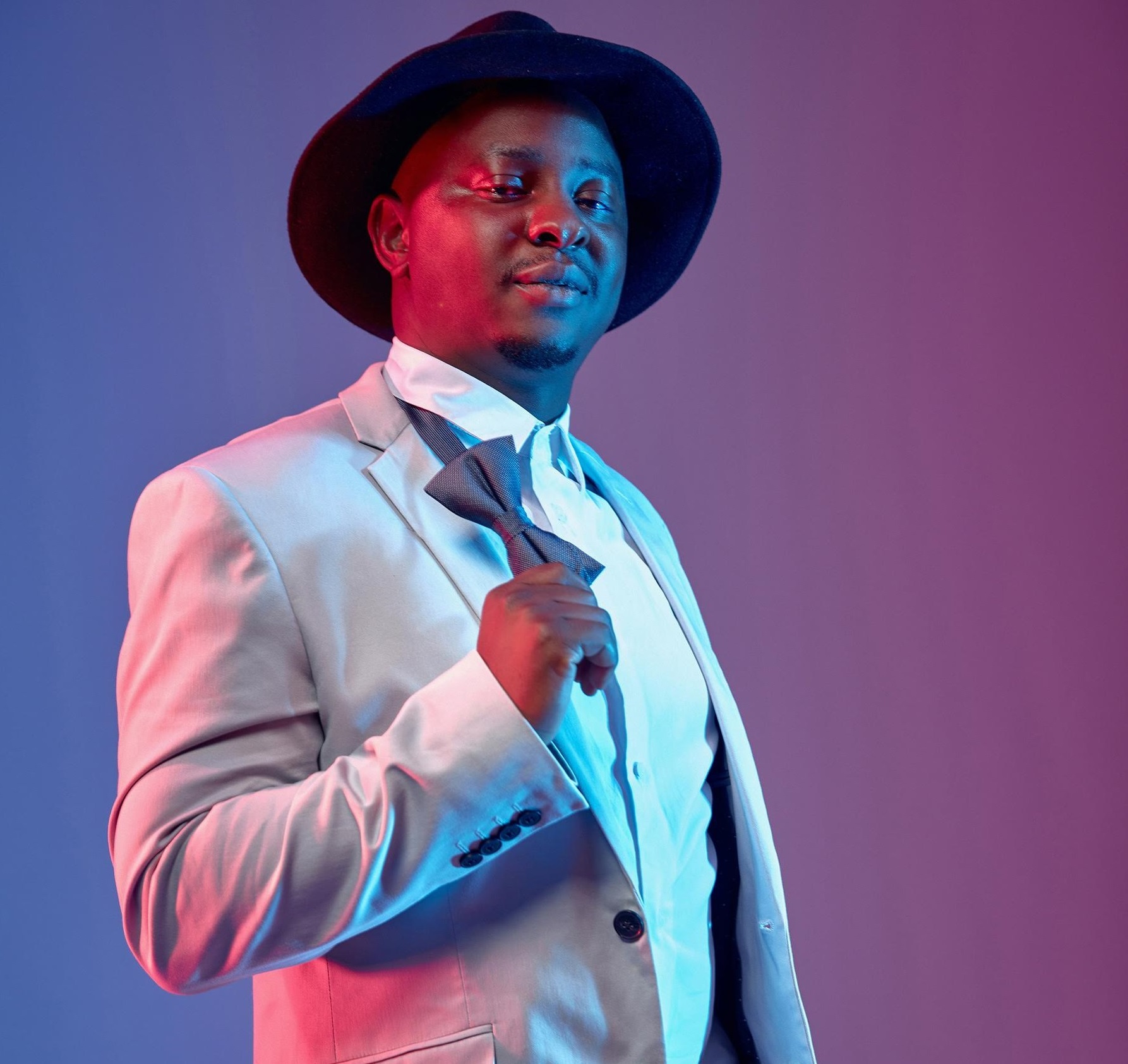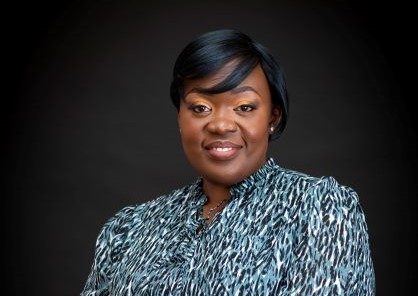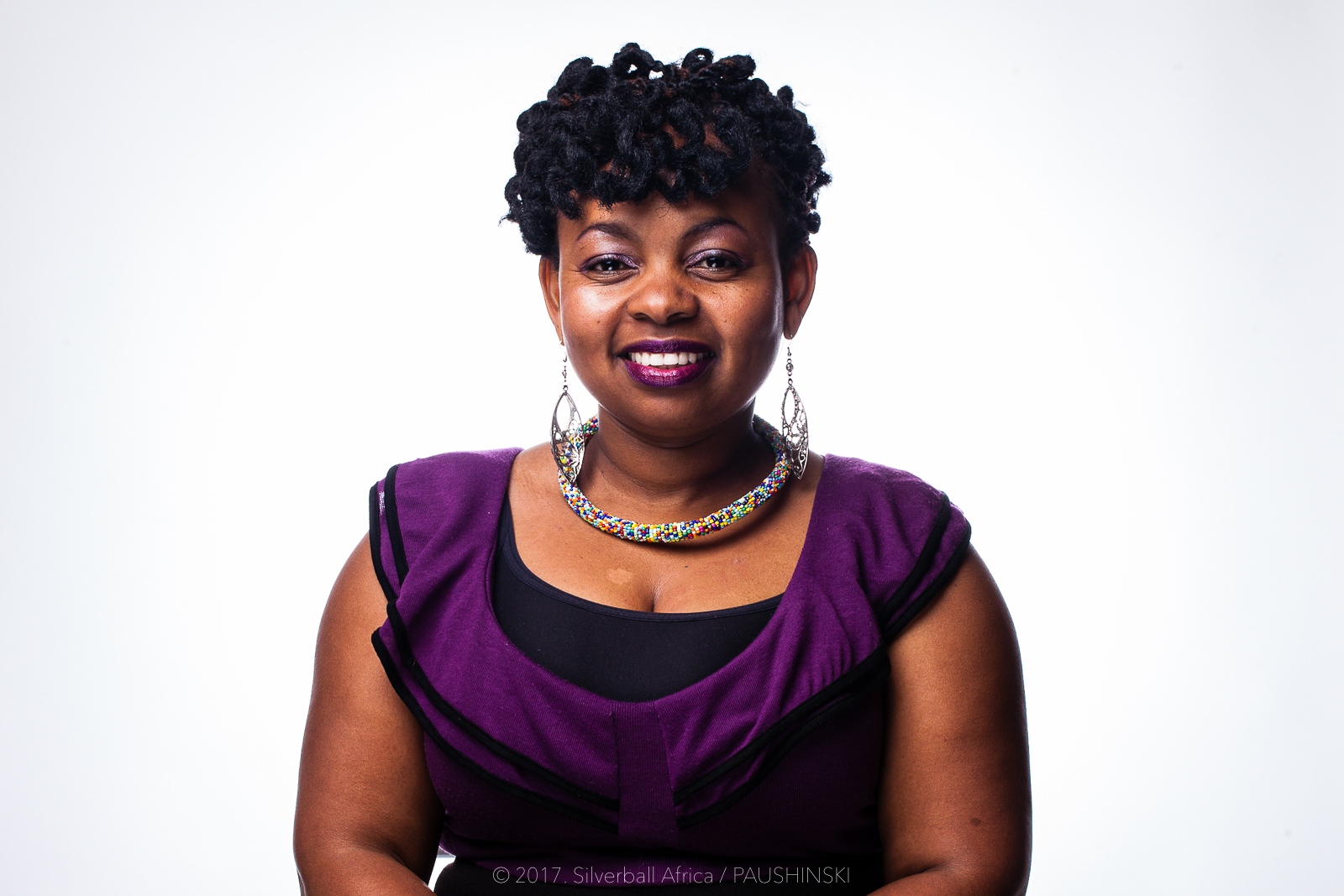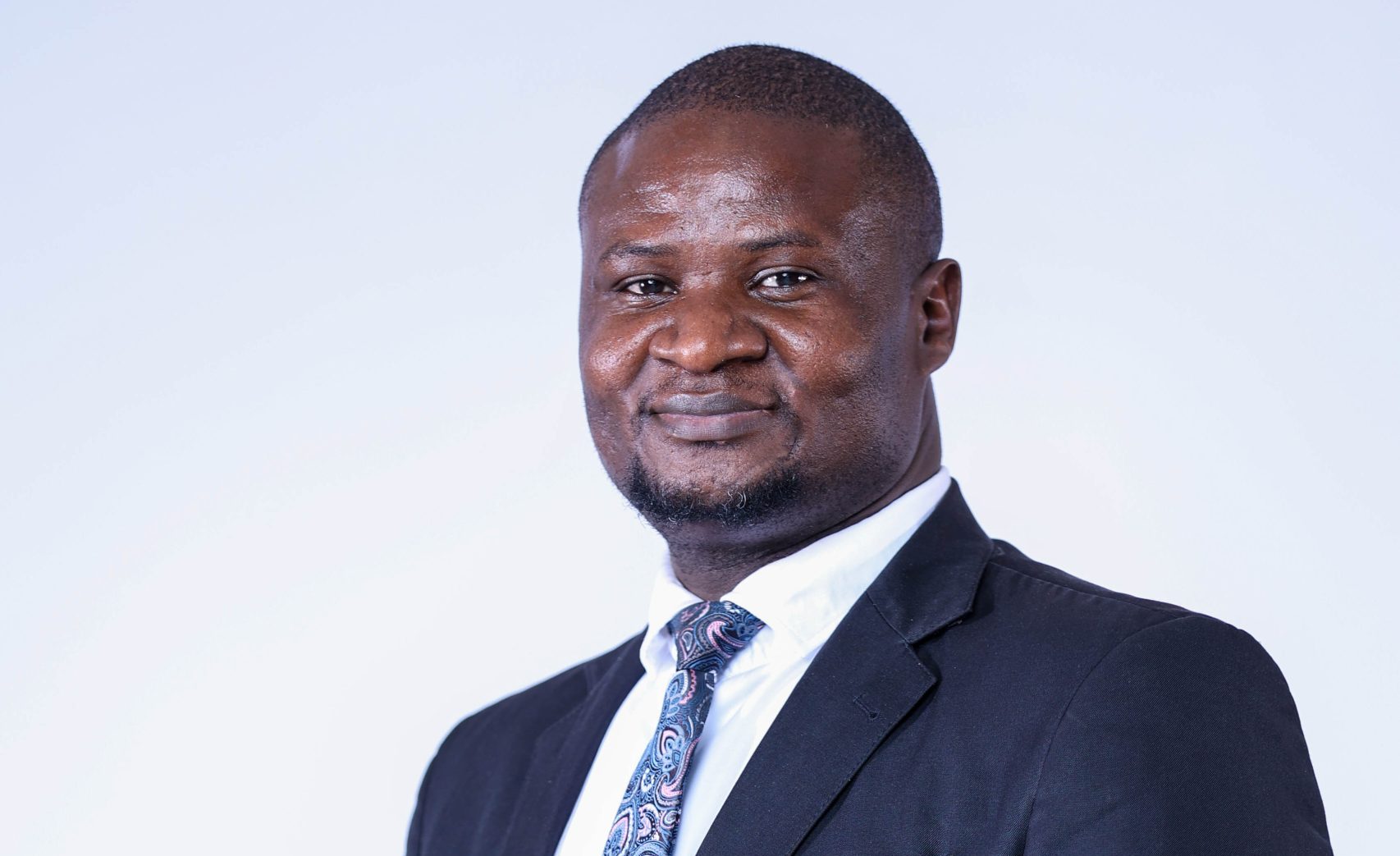Are you ready for another great interview with a comms professional? We absolutely love Brian Kudakwashe Muguto’s vibe…he is down to earth as he takes us through the core skills needed to excel in the Chief Strategy Officer role. And that quote from Jay-Z was spot on!
Brian is the Chief Strategy Officer at MediaCom South Africa. He join the agency as a Strategy Intern in 2014 and role through the ranks. There’s definitely a lot to learn from him!
What does your morning routine look like?
I’m up at 6am to scan my to-do list for any anomalies, and to catch the morning news rounds…the Google News feed is a great place to start because the content is personalized based on my interests.
6:45am, I’m out the door to meet with my brother for our daily run round the nature trail…we’re currently averaging 8-10km a day; don’t believe me, check my Strava.
8:15am, I’m in and out the shower before grabbing a yoghurt and fruit (banana’s and strawberries are my go-to, with a handful of muesli) to fuel up for the rest of the morning. From there, every day is different.
What core skills are required to succeed in a Comms Strategy role?
It may not be a skill per se, but I feel that a pre-requisite has to be passion…a passion for people and a passion for brands. Once the passion is there, you need to be able to analyse and interpret data and trends around what, where, how and why people are consuming content and conversations; I say trends because in this ‘hashtag’ generation, opportunities to connect people with brands in a way that’s culturally relevant can be fleeting, and so you have to be aware of current and emerging trends AND, be both brave and agile enough to take advantage.
Purposeful ideation and strategic story-telling follow closely after that; it’s no use dreaming up amazing ideas, messages, content, activations, etc. if they aren’t solving a problem or contributing to the solution. Likewise, it’s no use dreaming up amazing ideas, messages, content, activations, etc. if you can’t then sell your dreams. Strategic story-telling (i.e. structuring and articulating your ideas in a meaningful and compelling way) is one of the most under-rated skills in my opinion. Jay-Z said “I sell ice in the winter, I sell fire in hell, I’m a hustler baby, I’ll sell water to a well” – that’s what I’m talking about.
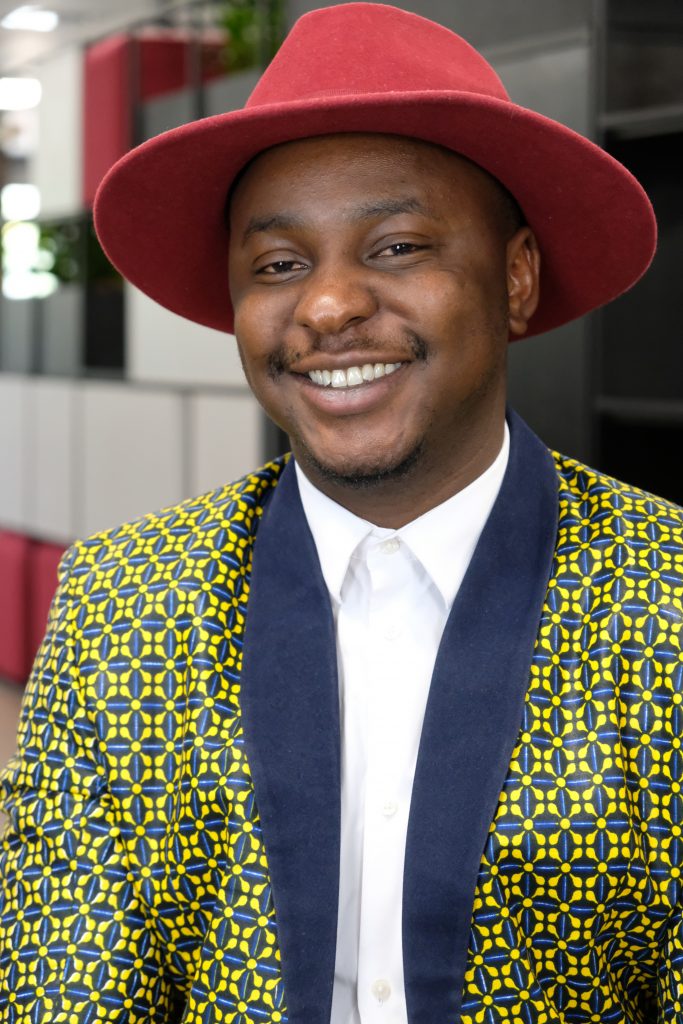
You started out as an intern and rose to Chief Strategy Officer. Can you share some deliberate steps you took that helped you to grow through the career ladder?
1. I sought every opportunity available to me to master my craft and level up. For example, I spent a great chunk of my career working on the Coca-Cola account and I was always keen to keep up with the “Coke way” of approaching communication / connections planning – and this gave me an edge. But that wasn’t enough, I tried to read, listen, learn and incorporate different approaches into my own thinking and strategies. At the end of the day, the only way to stay relevant is to keep upgrading your skills and your output.
2. I connected / networked (LinkedIn, email, phone calls, etc.) with people in our global offices. I spent time watching the moves of senior strategists in other markets like the UK and US, but also movers and shakers in the broader industry. This opened the door for me to demonstrate my worth beyond my day-to-day job. For example, outside of work I’ve been invited to feature in interviews as a thought leader. At work, I’ve been invited to participate in global pitches, I’ve been brought on board to develop regional strategies, and more recently I’ve been nominated to our agency’s Global Belonging Council. None of this would’ve materialised if I’d just sat in my own shell, I had to build a network.
3. I did everything in my power to make myself indispensable to my team, my client(s), and the business. Sometimes, this meant stepping outside of my job description and accepting that I’m not too big for any task, or too small for any challenge. Being an asset in this way means that people start wanting you in the room for every conversation, and/or to consult you before every decision.
4. Ultimately, I worked hard, very hard…and I’m still at it.
A book you’d recommend every comms professional should read?
There are so many great strategic thinkers dropping knowledge these days it’s hard to choose. One of the first strategy-related books I read and still appreciate is ‘Good Strategy, Bad Strategy: The Difference and Why It Matters’ by Richard Rumelt. It’s easy to read so it doesn’t feel like you’re being taken back to school, but you still walk away with some great nuggets that you can practically apply.
What advice would you give to your younger professional self?
You don’t have to be working already, or in a professional job, or a seasoned-professional for your to be and act professional. Having a professional mindset from as early as possible (i.e. high school, university, first-job) can give you a massive competitive edge. It’s about knowing what you want, knowing the options available to you, and purposefully following or crafting your path to get where you want to be.

